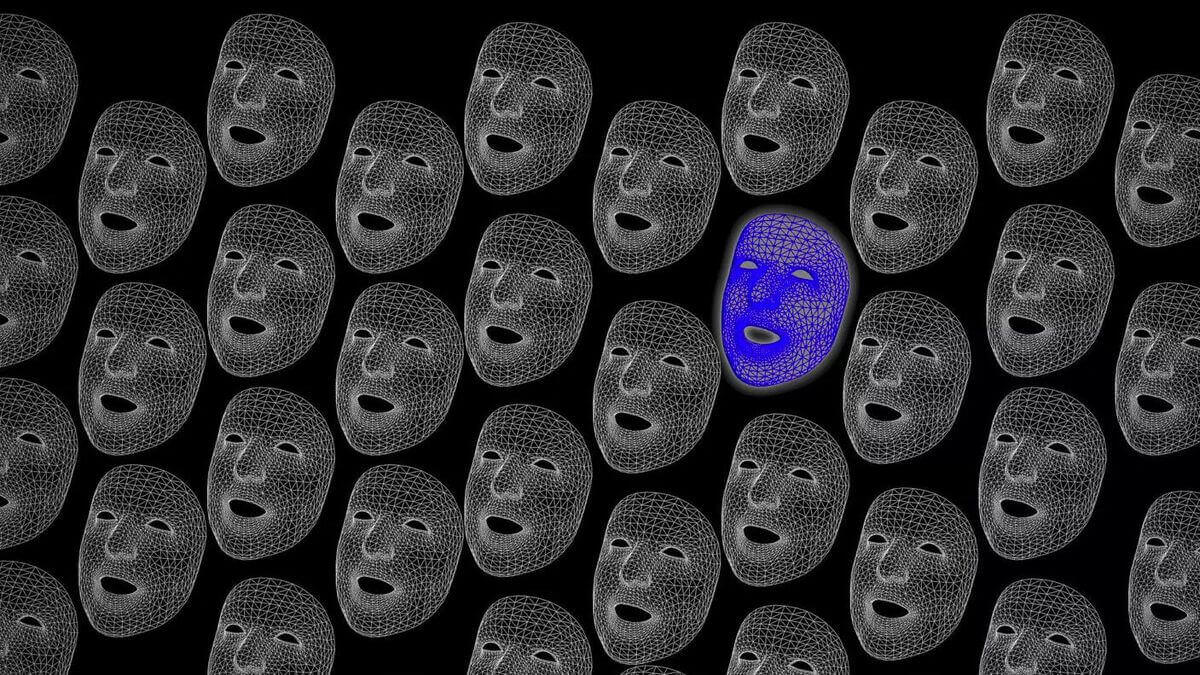In context: IBM says that facial recognition tech isn't worth developing or selling anymore as it only seems to contribute towards projecting more racial bias and the violation of human rights and freedoms. However, privacy advocates are skeptical and think the company has simply found a way to disguise getting rid of a business branch that hasn't managed to turn a profit for years.
IBM told members of Congress that it's making a retreat from the general purpose face recognition market, which means it will no longer develop and sell any facial analysis software tools. In a letter sent to Congress members, the company explained that it has come to this decision in the wake of recent scandals around police misconduct and racial injustice. The company argues that while face recognition tech can help authorities protect communities, the policies that govern its use are too relaxed and need to be improved as soon as possible.
IBM CEO Arvind Krishna told lawmakers that "now is the time to begin a national dialogue on whether and how facial recognition technology should be employed by domestic law enforcement agencies." He also noted that IBM won't condone "uses of any technology, including facial recognition technology offered by other vendors, for mass surveillance, racial profiling, violations of basic human rights and freedoms."
Krishna went on to explain that artificial intelligence is yet another powerful tool that has great potential for keeping people safe but is just as dangerous as facial recognition when it's developed and used by prejudiced individuals.

Some activists aren't convinced that IBM's intentions are entirely altruistic though. Eva Blum-Dumontet of Privacy International told the BBC the company is responsible for smart city projects around the world that included the installation of CCTV cameras in public spaces and the development of "smart policing" platforms that include the ability to search for suspects by skin tone in the captured footage.
She also noted that IBM's wording in the announcement doesn't rule out the development of application-specific facial recognition tools. And others speculate that IBM is merely admitting that it's fallen behind on AI and facial recognition tech and that pushing subpar solutions isn't worth the financial and legal risks that come with them. And given how this technology doesn't really count towards the company's bottom line, it's an easy decision that may even benefit IBM's public image.
The AI and facial recognition space have been heavily scrutinised as of late, with ACLU suing Homeland Security for holding onto border records and companies like Clearview AI getting cease and desist letters from Internet giants for scraping public image and video data sets on their platforms.
The EU is considering an outright ban on facial recognition tech, while, while China is eager to do the opposite and require its use even for simple applications like subscribing to cellular service. If anything, it looks like Chinese tech companies are shaping UN facial recognition standards, which is bad news for developing countries.
